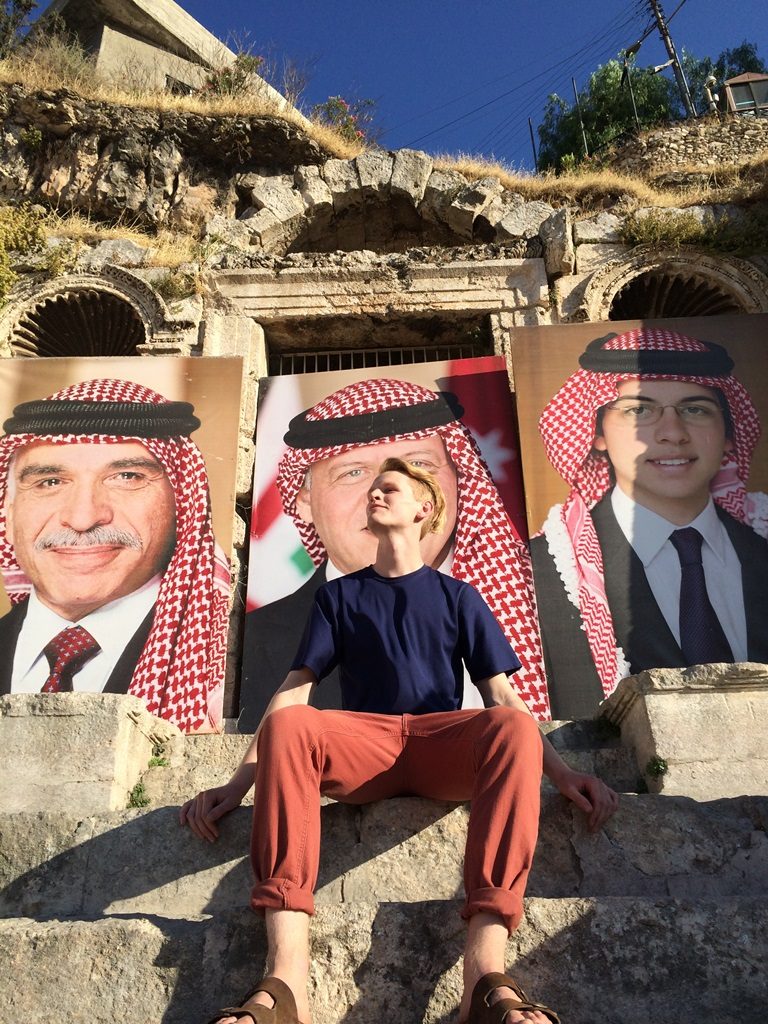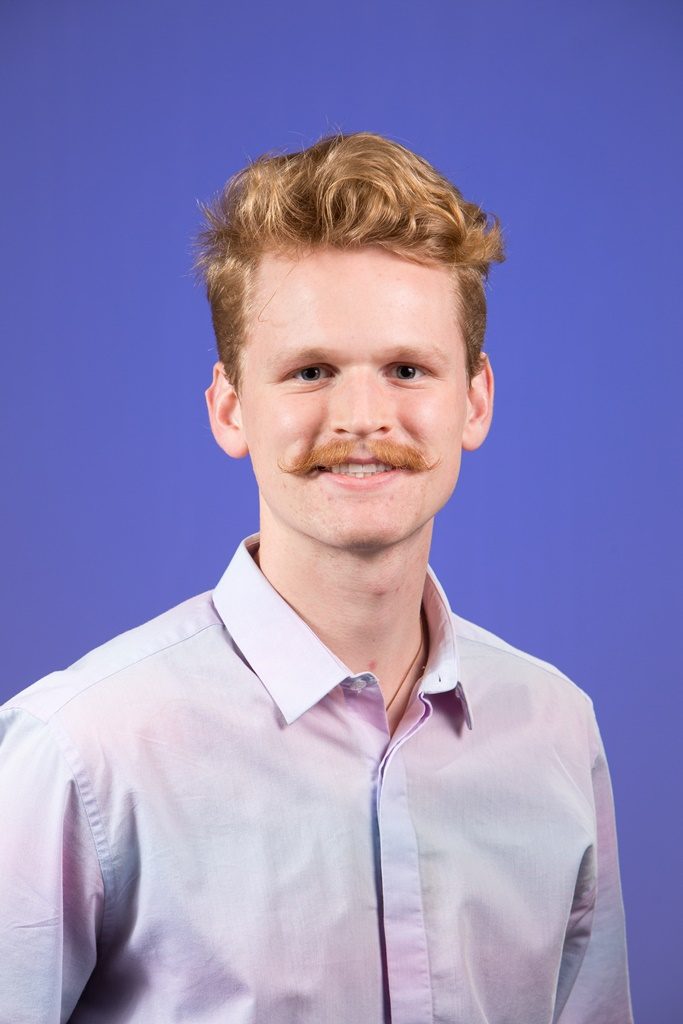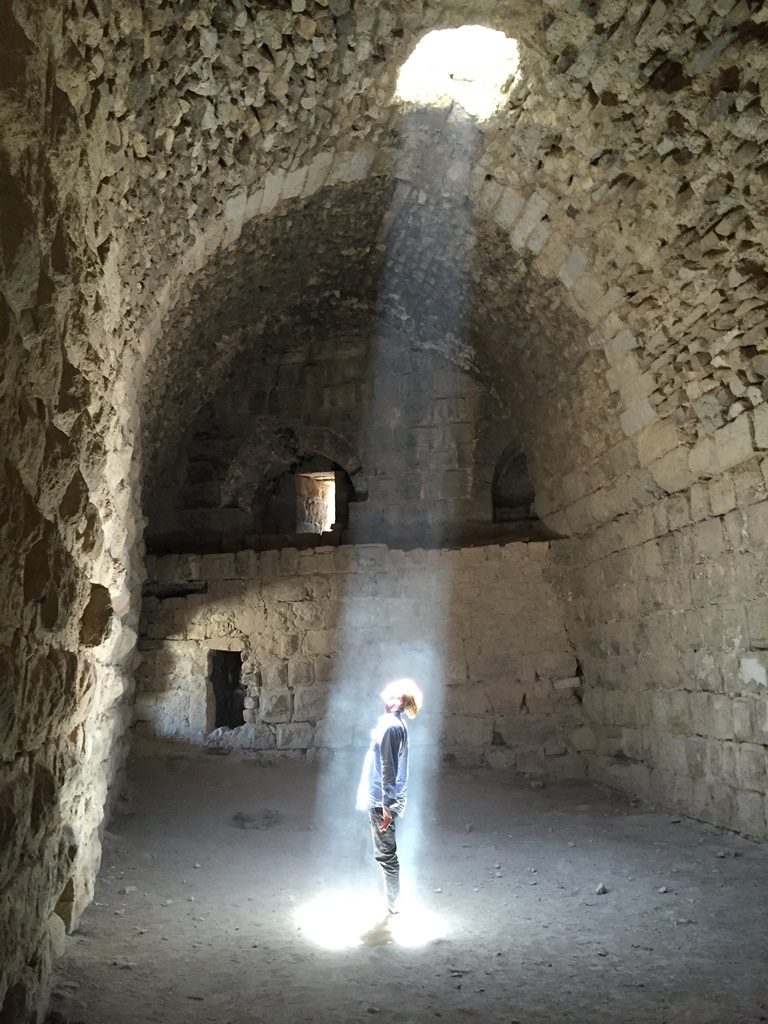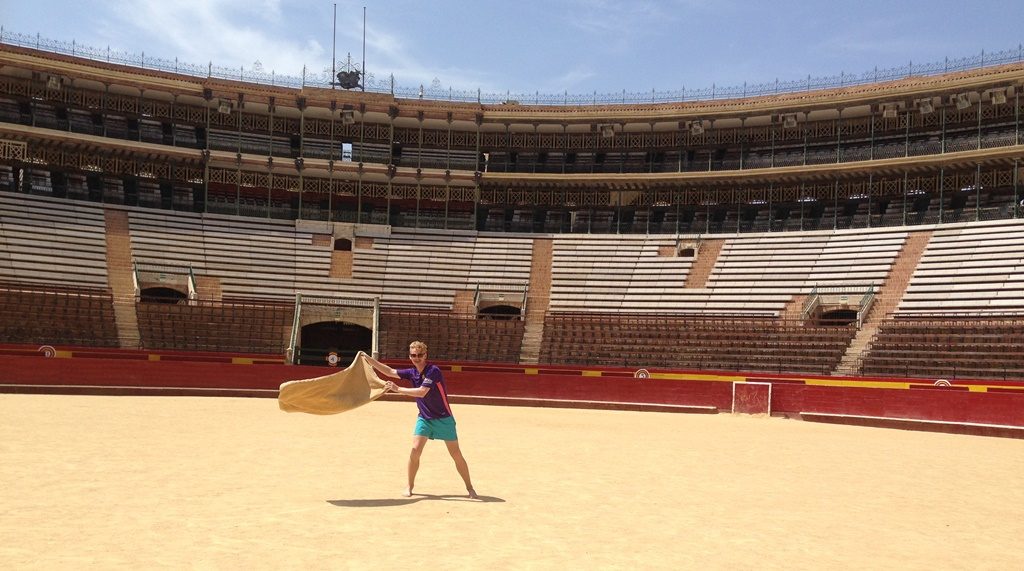Foster Futures: Henry Milander
Growing up on Bainbridge Island, Henry Milander (BA 2018) took the importance of community to heart. He was a counselor at summer STEM and outdoor education camps. He volunteered to maintain hiking trails. And he led his Eagle Scout campaign for a local park.
“I felt like I had found a community that respected me and one that I could respect in turn,” he says. “Having this kind of relationship with my old community meant that when I moved to Seattle to study at the UW, I wanted to make a similar relationship with my new community on campus and in Seattle.”
Mission accomplished. Milander is studying finance and international business at the Foster School, political economy at the Jackson School of International Studies and Arabic in the Department of Near Eastern Languages and Culture. He has studied abroad in Jordan and Denmark.
At Foster, he is the president of Foster’s Certificate of International Studies in Business (CISB) Executive Board. He co-founded the Global Health Business Case Competition and co-managed international team ambassadors for the Global Business Case Competition. And he has been a social buddy to international Foster exchange students through the Global Social Ambassador program.
In the larger UW community, Milander is lead facilitator for the Foundation for International Understanding Through Students (FIUTS) and past president of Rotaract Club.
With all of these community engagements, he still has found time to do a grant research and public relationships internship at the organization Technology and Information For All (TINFA), and to teach Arabic for OneWorld Now! “It cemented in my mind that I wasn’t just teaching language, but also culture, and that the culture lessons these students took away and talked about at home or their friend groups would help provide a counterpoint to the often anti-Arab, anti-Muslim rhetoric exhibited in our government and our country.”
 More about Henry:
More about Henry:
What has been your most indelible experience at Foster?
The most important experience for me was studying abroad, realizing I didn’t quite have the skills to analyze everything I observed whilst there, and returning with a greater desire to develop those tools to learn and discover more. Upon entering the University of Washington, I was directly admitted to the Foster School of Business, but after my time spent in Jordan studying Arabic, I found it crucial to expand my studies and fully incorporate international studies and language skills into my business degree. Later in Denmark, I studied CSR and became interested in using the nexus of government and socially-conscious businesses to enhance economic inclusion and equality, a partnership already present in Jordan’s Income Tax Law. This interest propelled me to becoming president of Foster’s international business program, CISB, with the goal of incorporating CSR and sustainability in our learning goals. While the development field is still quite new to me, I have learned to treat my academic work and extra-curricular activities like scaffolding, expanding and redirecting them as necessary in order to develop the tools to critically examine development issues and my observations abroad. These redirections have been crucial to my growth and trajectory, with each experience either at home or abroad guiding me.
What are your long-term aspirations?
My goal upon graduating the UW is to be accepted to the ten-month Fulbright English Teaching Assistantship program. During that time I hope to become comfortable in switching between Ammiya, MSA, and English in dynamic situations, as well as gain valuable familiarity with Jordan’s socio-cultural-political-economic context. The increased critical awareness and language skills will aid me in pursuing a Masters in Development Economics at the Doha Institute in Qatar. Afterwards, I hope to contribute towards nuanced development policies through research or entities in line with the Foreign Service, Global Reporting Initiative, Danish Refugee Council, and USAID. I foresee a PhD or teaching career somewhere in this process as it will aid me in research, prolong my exposure to new ideas, and help me inspire the next generation’s leaders. Through my past and future community engagement, teaching experience, language proficiency, and unique cultural competency, I believe Foster has prepared me on a path to follow a career dedicated to economic justice in the Middle East and North Africa (MENA) region and operate therein successfully.
How are you leveraging your Foster experience to achieve this potential future?
Appiah once argued that what enables people of different beliefs and backgrounds to live together is similar practices, not principles, and that the goal of conversation is not consensus on these principles but for us to get used to one another. I have seen through my interactions with people across MENA and here at the UW that language learning is a beautiful way to get used to another, and makes accessible certain opportunities in life. Involvement in activities with diverse groups of students and community members is critical. I am interested in substantively discussing the problems of today and tomorrow, and having perspectives from different cultures, economic classes, national identities and histories adds a lot to the conversation. Foster has provided amazing club advisors, student leaders, and fellow community members that comprise some of my best resources of knowledge. I try to take advantage of this richness and enjoy posing the questions I’m burning to ask to the people most capable of, and with a prerogative you could say for, answering them. Foster has developed into a community which I can feel comfortable tapping for career advice, life tips, or to simply bounce questions off of them and discuss the world as they see it.
What about the Foster culture do you believe will particularly serve you in your career?
My favorite part about Foster culture is the belief in human potential, which its administrators go to unending lengths to help bring out. I am in the midst of leveraging my leadership position in the Foster School’s Certificate of International Studies in Business program, CISB, to incorporate CSR and sustainability into CISB’s intra-program discussions and events, and extend them to the UW community via an annual campus-wide forum. What started as the cornerstone issue of my presidential platform has with the empowerment and belief of my peers and advisers, developed into a component of CISB leadership’s annual goals and will soon become even more. Foster administrators really seem to care about their students and what experiences they are receiving while here. In my experience, if they like an idea I put forward on enhancing that experience, they gladly help support the necessary efforts to make it happen. For example, I proposed that if we can give collaborative, practical experiences to students, they will be better prepared in framing their arguments and addressing ethical dilemmas with a broad group of stakeholders in mind. To this end, my work in developing an annual Responsible Global Leadership forum has progressed and hopefully be realized this spring.
Do you have a favorite professor or class?
The caliber of professors at Foster is perhaps its greatest strength, alongside a robust student-led organization community. I think my favorite professors are Frances Maloy, Andy Siegel, and Jared Miller as they are the professors who have been the most intellectually curious and never fail to indulge students’ questions.
What are your passions outside of school/work?
Volunteering has always made up a good portion of my free time outside of work and school, primarily because it usually gets me outdoors or in a new environment, and helps me engage with different sub-communities at the UW and in Seattle that I might not interact with otherwise.
Any other goals?
I am unfortunately terrible at sticking to just one or two things for a long time, so I have a good deal of callings I hope to develop in my course of life. Some include joining or establishing a community-based mindfulness group wherever I find myself, living in a Buddhist monastery for a certain amount of time, and teaching community gardening to students.
What is a “fun fact” about you?
For most people who have met me, if just once, my mustache seems to stand out in their memory. It is a prominent feature of my face and, unfortunately as well, a badge of failure. I tried to grow a beard but was met with dismal hair follicle growth everywhere but for the upper soup-strainer.
Foster Futures is a series highlighting some of the students who are leading the Foster School into its second century—and themselves into promising careers. The series began in the winter issue of Foster Business magazine.



